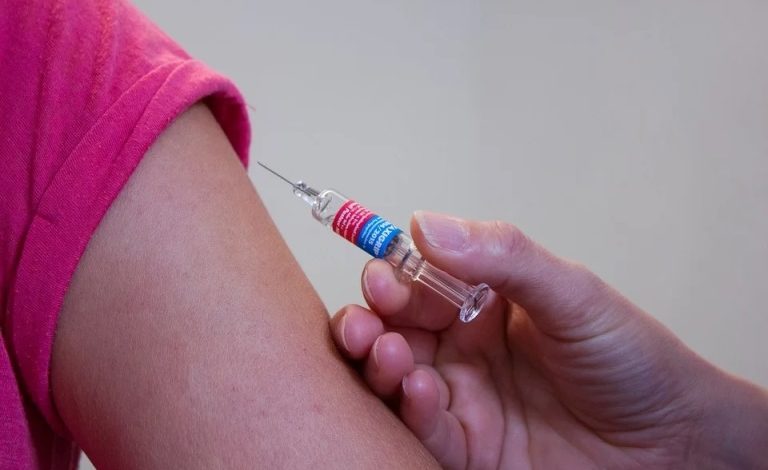WHO panel recommends wide use of Oxford-AstraZeneca Covid vaccine

A World Health Organization panel has recommended wide use of Oxford-AstraZeneca Covid vaccine including in countries where the South African variant of the coronavirus may reduce its efficacy
The World Health Organization (WHO) announced that the Oxford co-produced AstraZeneca COVID-19 vaccine can be administered to people over the age of 65, and for settings where variants have spread.
“Taking the totality of available evidence into account, WHO recommends the vaccine for use in persons aged 65 years and older,” WHO Strategic Advisory Group of Experts on Immunization (SAGE) told a briefing.
WHO’s 14-member panel’s recommendation comes in response to the report that alleged that the AstraZeneca vaccines were less effective against mutant of coronavirus first detected in South Africa.
WHO’s SAGE has found that the jab is effective against the South African variant.
The panel, overall, insisted that the AstraZeneca vaccine has efficacy against South Africa’s mutant virus and is safe to administer in elderly aged over 65. The Britain-based pharmaceutical company has given licensing agreement to the world’s largest Indian vaccine manufacturing company, the Serum Institute of India, which has so far produced millions of AstraZeneca doses. SAGE chief Alejandro Cravioto in an online briefing insisted that the vaccine be used “for 18 years and above without an upper age limit” and it was more effective when two doses were given between eight and 12 weeks.
Speaking about the emergence of variants of SARS-CoV-2, WHO said, “viruses by their very nature mutate”. Regarding the preliminary data on the minimal effectiveness of the AstraZeneca/Oxford vaccine at preventing viral variant B.1.351, WHO, in a statement further recommended that the AstraZeneca vaccine offers protection against variants. It added, that the WHO Strategic Advisory Group of Experts on Immunization (SAGE) convened to review emerging evidence on AstraZeneca’s performance against viral variants, and found that the vaccine was still ‘good enough’ in protecting against the illness caused by mutated strain. In case of AstraZeneca, however, the team also found ‘mild reduction’ in the effectiveness of the vaccine in neutralising the ‘very severe infection’. This was attributed to the limited sample size, but there was enough protection against the disease.




